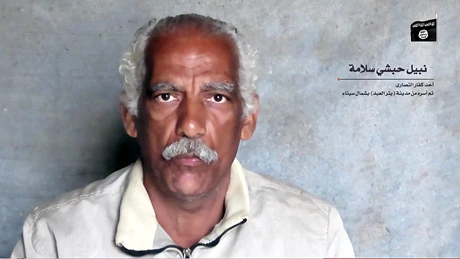No document in world history so changed the world for the better as did the ten commandments. Western civilization – the civilization that developed universal human rights, created woman’s equality, ended slavery, created parliamentary democracy among other unique achievements – would not have developed without them. You see, these commandments are as relevant today as when they were given over 3,000 years ago. In fact, they are so relevant that the ten commandments are all that is necessary to make a good world, a world free of tyranny and cruelty.
Imagine for a moment a world in which there was no murder or theft. In such a world there would be no need for armies, police, or weapons… men, women, and children could walk anywhere at any time of day or night without any fear of being killed or robbed!
Imagine further a world in which no one coveted what belonged to their neighbor, a world in which children honor their mother and father and the family unit thrived, a world in which people obeyed the injunction not to lie. The recipe for a good world is all there in these ten sublime commandments. But there is a catch.
What Makes the Ten Commandment Irrefutable?
The ten commandments are predicated on the belief that they were given by an authority higher than any man, any king, or any government. That is why the sentence proceeding the ten commandments asserts the following: GOD SPOKE ALL THESE WORDS.
You see, if the ten commandments, as great as they are, were given by any human authority, then any person could say, “Who is this man Moses?” “Who is this king or queen?” “Who is this government to tell me how I should behave?”
So why is God indispensable to the ten commandments? To put it as directly as possible, if it isn’t God who declares that murder is wrong…murder isn’t wrong. Yes, this strikes many people today as incomprehensible, even absurd!
Many of you may think, “Is this guy saying you can’t be a good person if you don’t believe in God?” Let me respond as clearly as possible. I am not saying that. Of course, there are good people that do not believe in God, just as there are bad people who do! And many of you may also think, “I believe murder is wrong, I don’t need God to tell me.” Now that response is only half true.
I have no doubt that, for example, if you are an atheist, and you say that you believe murder is wrong, you believe murder is wrong. But forgive me – you DO need God to tell you. We all need God to tell us.
Even if you figured out murder is wrong on your own without God and the ten commandments, how do you know it is wrong? Not believe it’s wrong, I MEAN KNOW IT’S WRONG. The fact is, you can’t because, without God, right and wrong are just personal beliefs or personal opinions… e.g. I think shoplifting is okay, you don’t. Unless there is a God, all morality is just opinion and belief. And virtually every atheist philosopher has acknowledged this.
Honor God’s Authorship of the Ten Commandments
 Another problem with the view that you don’t need God to believe that murder is wrong is…a lot of people have not or did not share that viewpoint. And you don’t have to go back very far in history to prove this.
Another problem with the view that you don’t need God to believe that murder is wrong is…a lot of people have not or did not share that viewpoint. And you don’t have to go back very far in history to prove this.
In the 20th century, millions of people in communist societies and under Nazism killed about 100 million people and that doesn’t count a single soldier killed in war. So, don’t get too confident about people’s ability to figure out right from wrong without a higher authority.
It is all too easy to be swayed by a government, demagogue, an ideology, or to rationalize the wrong we do as “it’s not really wrong.” And, even if we do figure out what is right and wrong, God is still necessary.
People who know the difference between right and wrong do the wrong thing all the time! But do you know why? Because they think no one is watching. However, if you recognize that God is the source of moral law, you believe that He is always watching. So even if you are an atheist, you would want people to live by the moral laws of the ten commandments. And even an atheist has to admit that the more people who believe God gave them and therefore they are not just opinion, the better the world would be. Think about it.
So, What’s The Play Call?
- Do you understand the commandments?
- Do you memorize the commandments?
- Do you believe in God?
- Do you obey the commandments?
- Amongst the many do’s, are you able to answer, “Yes,” for them all?




